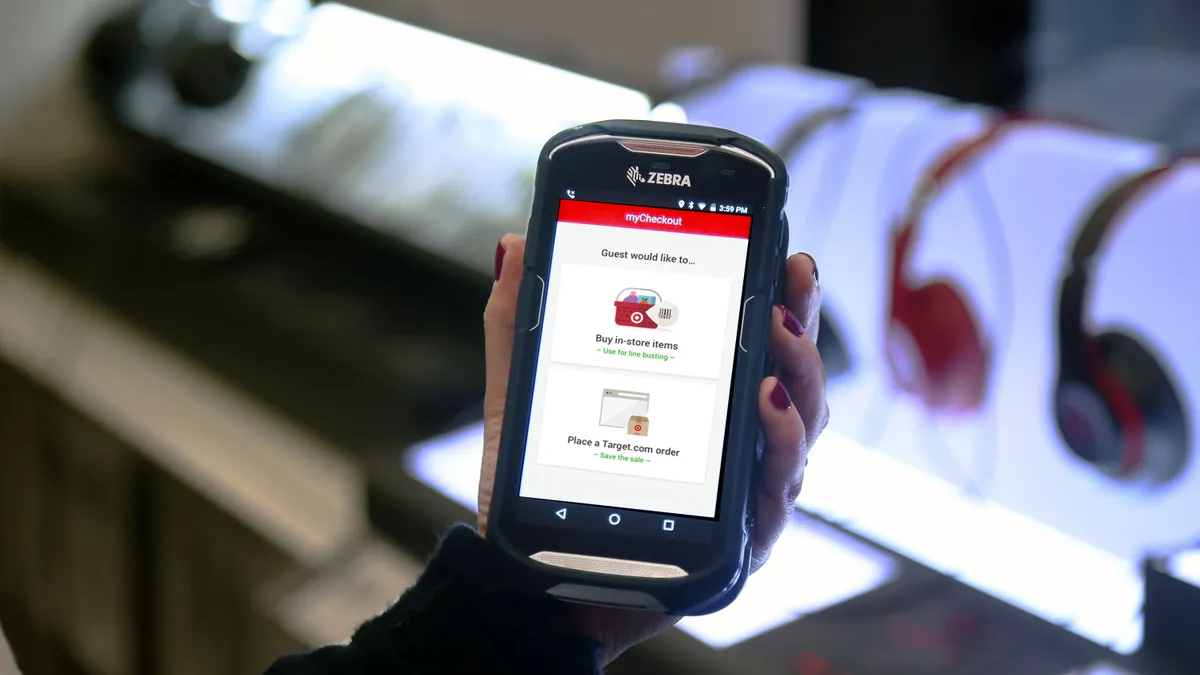If renovating a company's operations makes a team uncomfortable, it's a good thing — it means the company is addressing change.
Target is becoming a poster child for enterprise operations. And it's up to the retailer's guest and site reliability teams to follow the mandates set by Tom Kadlec, SVP of infrastructure and operations at Target.
Like every other brick and mortar retailer, Target has to adapt to a changing landscape and that means diving deeper into digital services. Executing projects in operations that link back to the bigger enterprise picture is what makes Target such an attractive one-stop-shop for busy shoppers.
Target is currently investing in the curation of its in-house brand and an assortment of other leading brands to elevate the physical and digital experience of its customers. When there's a seamless experience across channels, Target can live up to its brand promise: "Expect more, pay less."
Target's operations team is "outfitting [its] stores to be hubs" and reinventing service management, said Thierry Fernaine, director for site reliability engineering at Target, while speaking at Service Management World, in Orlando, Florida last month.
To accomplish a difference in value delivery, Target looks beyond the status quo, which was proving futile for other retailers on the brink of bankruptcy. "We were at crossroads and we had to do something," said Fernaine.
So Target rallied its reliability teams and adopted the "operations 2.0" mindset, said Fernaine. "We got bold."
Investing in internal software talent
The teams used agile processes to apply minimal viable products and listened to feedback from employees and customers. Target reinvested in its people, which meant acknowledging the number of contractors was no longer scalable.
To compensate for the money dedicated to new operations projects, the company reduced headcount, primarily for contractors. Target stayed within its existing headcount budget but allocated more funds to finding software engineers to onboard.
The retailer wants 50% of the day-to-day operations run by software engineers and the other 50% automated. Target isn't using automation to get rid of people, it's more "about getting rid of the instability," said Troy Collings Sr., director for guest reliability engineering at Target, while speaking at Service Management World.
Engineers had to start thinking differently about how they enabled others in the company. They created bots to handle incident routing. Eventually Target wants to hit a "utopia" of zero incidents, said Collings.
Incidents range in severity but one of the most common is employees changing passwords. Target has more than 350,000 international employees, so engineers created a password self service to automate the resolution.
The process is all a part of the "eliminate, automate, enable" mindset the reliability teams are using. "We wanted to take that inspiration of being annoyed by repetition," said Collings.
Collings doesn't want his engineers to write code for the sake of writing code, he wants them eliminate defects. Software engineers are creative enough to do this because they "talk a different language."
With new software talent, Target created Grease, an open source smart tool to use for things like execution recoveries. The tool can detect triage issues and has an execution to resolve them if it's able to.
Grease has saved Target between 40,000 to 45,000 hours of productivity in stores and in its supply chain, according to Fernaine.
The goal was to "turn back nonproductive labor back to the stores," said Collings, who has a live tracker counting the number of returned productivity hours in his department.














